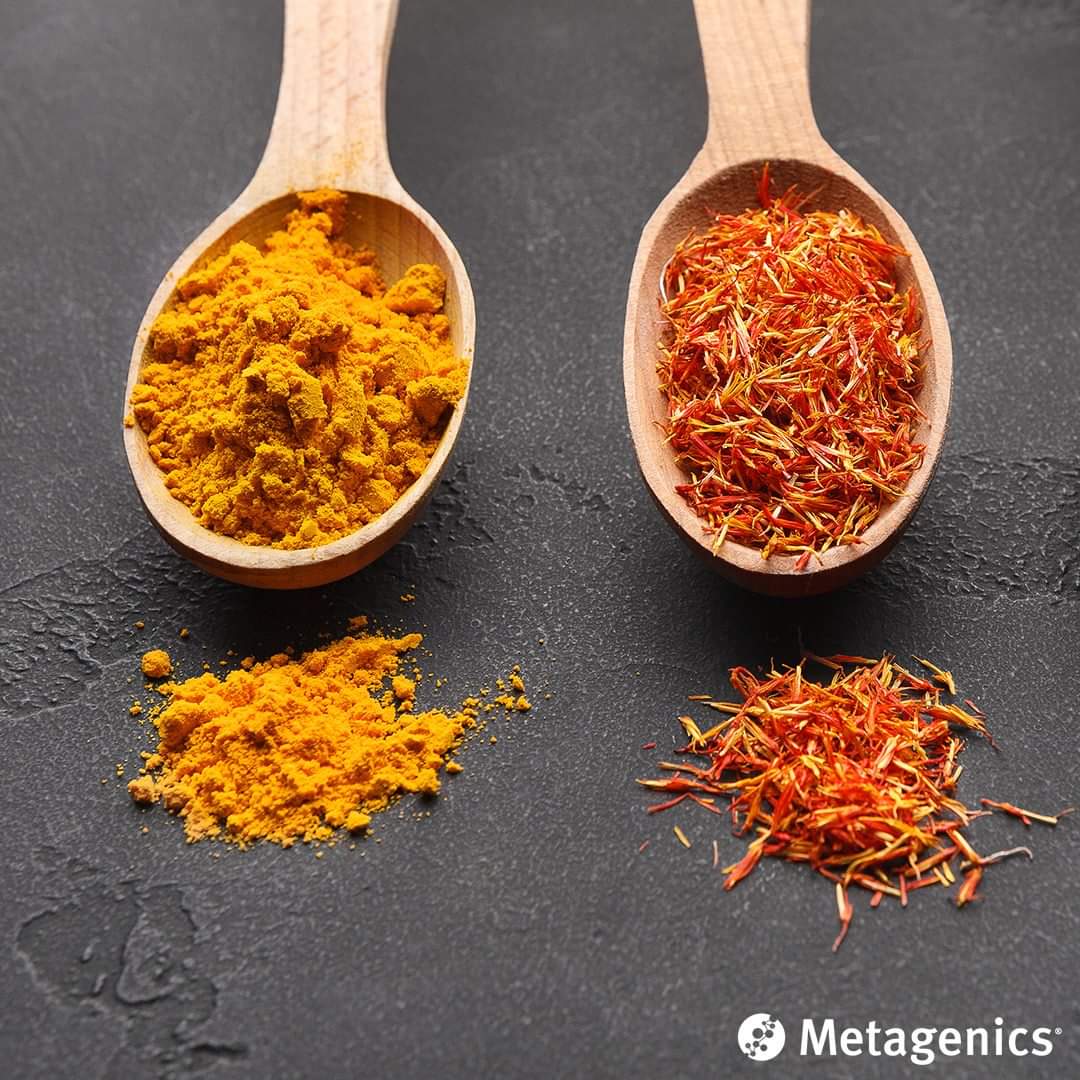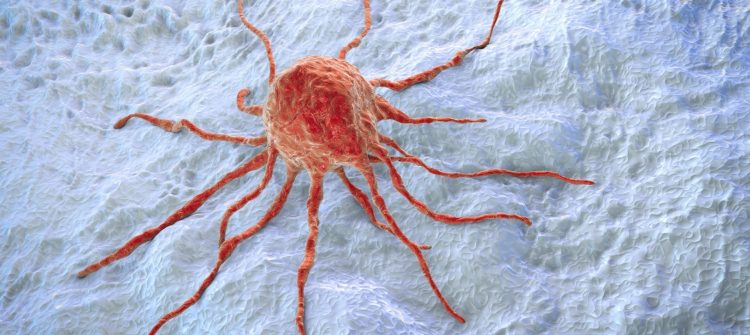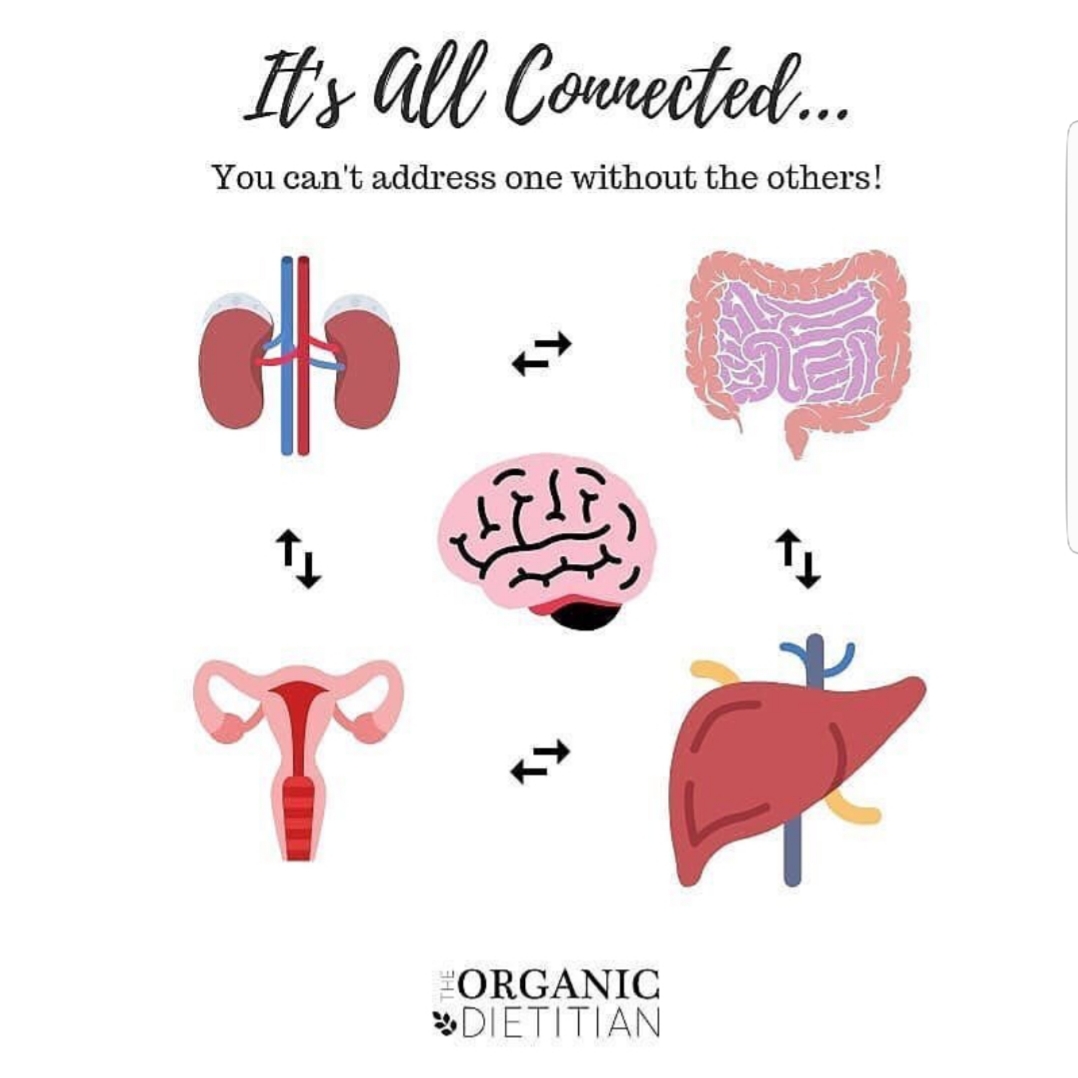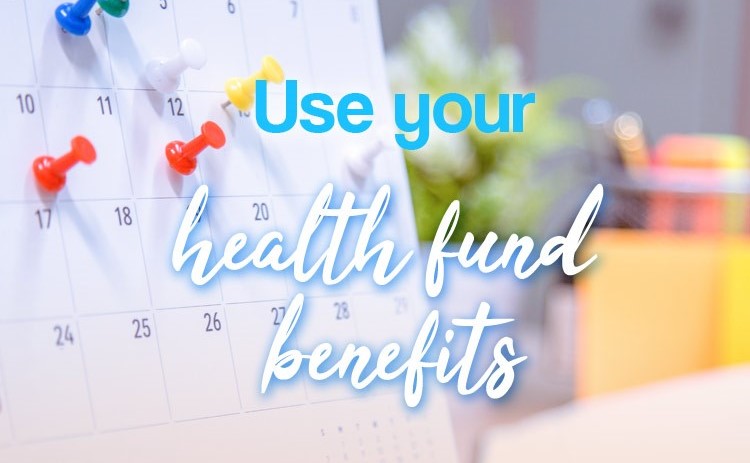Whilst a cramp can come and go, when you are experiencing leg cramps often they are pointing to a larger imbalance within your body. Read this article to find out the three main reasons why you may be experiencing leg cramps. https://bit.ly/2CrD0nH


The Natural Science of Health
Whilst a cramp can come and go, when you are experiencing leg cramps often they are pointing to a larger imbalance within your body. Read this article to find out the three main reasons why you may be experiencing leg cramps. https://bit.ly/2CrD0nH




There is an increasing amount of evidence emerging that optimal mental health and emotional resilience can be achieved with physical activity, nourishing foods, social support, behaviour therapies, mindfulness and meditation.
As a Natural Health Practitioner we have unique herbal combinations that can provide additional support for patient’s brain health.
Turmeric and saffron have been shown to increase neurogenesis. Curcumin particularly has shown, in animal studies, to increase neurogenesis, potentially via modulation of the hypothalamic-pituitary-adrenal (HPA) axis and by increasing brain-derived neurotrophic factor (BDNF) production in the brain. The combination has been described as ‘fertiliser for the brain’.
To find out more about this product and additional stress less lifestyle activities please contact me.

Could a condition affecting your thyroid function explain why you’ve noticed changes in your weight, skin, hair and energy levels?
Do you or someone you know suffer from a thyroid condition? If so, you may be aware how big of an impact this small gland can have on the body.
Read more to find out if your thyroid is possibly the smoking gun behind your symptoms? https://bit.ly/2TvbNeo

High doses of intravenous Vitamin C can help to significantly suppress the growth of cancerous tumours, according to a team of researchers from Poland and the U.S.
In a review published in the journal Molecules last month, lead author Blazej Rubis from the Poznan University of Medical Sciences claimed that data showed Vitamin C could be effective in prohibiting the growth of tumours in the pancreas, liver, prostate and ovaries and may also have benefit in the treatment of sarcoma and malignant mesothelioma.
“The addition of high doses of AA (ascorbic acid – Vitamin C) alone or in combination with standard cancer drugs significantly enhances suppression of tumour growth,” Rubis claims based on the findings of the review.
The method of administration was key to Vitamin C’s effectiveness according to the research team. Intravenous administration was found to deliver significantly better results than oral administration.
“When ascorbate (Vitamin C) is administered orally, only moderate increase in its plasma concentration is achieved. In contrast, when ascorbate is administered intravenously, concentrations in the millimolar levels are easily achieved although for a short period only,” the review states.
While the antioxidant-effects of Vitamin C were found to help in suppressing the growth of tumours, the review also found that the vitamin enhanced and promoted the effects of specific medications used to treat the tumours.
“…simultaneous administration of ascorbate (Vitamin C) with oxaliplatin or irinotecan (cancer drugs) inhibited tumour growth in vivo, and the effect was significantly higher compared to that of these compounds alone.”
The implications for future study into potential cancer treatment is promising as Vitamin C is well tolerated by almost all patients, even those with compromised immune systems.
The review was authored by scientists and researchers from The Greater Poland Cancer Centre, Poznan University of Medical Sciences and Brown University in the U.S.

Does this sound familiar – you’ve just found an awesome event while scrolling through Facebook, texting your friends, sharing your day on Instagram, checking your emails and binge watching your favourite new TV show?
We can’t refute it, digital technology and social media have firmly cemented their places in each of our modern lives.
But whilst all this connection has infinite information and entertainment just a Google away, we also can’t deny having such easy access to the digital world comes with its downsides.
When it comes to excessive digital technology and social media use, some of the associated side effects include:
Depression:
In a survey of over 1000 students, 22% of teenagers were logging onto social media at least 10 times per day, which increased their susceptibility to depression.[1]
Sleep issues:
Impaired concentration:
Reduced connection
All this time plugged into technology can then lead to fewer interactions with the people around us. The leads to a reduction in social bonding, connection with community, and an overall sense of happiness and wellbeing.[5]

Whilst we can no longer deny the negative impacts digital devices are having on our overall health, you don’t have to go off the grid or back into the Stone Age.
Rather than having technology dictate your day, you can balance it with fun, socialising, connection, spending time in nature, and restorative rest by using the following six ways to disconnect:
Think about using aeroplane mode when spending time with your loved ones so you can enjoy quality connection without distraction.
Happiness, Focus and Connection Awaits
Could your digital media use be impacting your mood, sleep or overall wellbeing? Can you identify any ways you could reduce your use, starting with even 10 or 20 minutes? With any extra time you get back, you’ll instead be able to engage and be more present with your passions, hobbies, loved ones and wider community. Commit to implementing one of the tips above in the next week, and prepare to reap the benefits!
By Nicolla Callan
[1] Punamäki RL, Wallenius M, Nygård CH, Saarni L, Rimpelä A. Use of information and communication technology (ICT) and perceived health in adolescence: the role of sleeping habits and waking-time tiredness. J Adolesc. 2007 Aug;30(4):569-85. PMID: 16979753.
[2] Lin LY, Sidani JE, Shensa A, Radovic A, Miller E, Colditz JB, et al. Association between social media use and depression among US young adults. Depress anxiety. 2016 Apr;33(4):323-31. doi: 10.1002/da.22466
[3] O’Keeffe GS, Clarke-Pearson K; Council on Communications and Media. The impact of social media on children, adolescents, and families. Pediatrics. 2011 Apr;127(4):800-4. doi: 10.1542/peds.2011-0054.
[4] Becker MW, Alzahabi R, Hopwood CJ. Media multitasking is associated with symptoms of depression and social anxiety. Cyberpsychol Behav Soc Netw. 2013 Feb;16(2):132-5. doi: 10.1089/cyber.2012.0291
[5] Lin LY, Sidani JE, Shensa A, Radovic A, Miller E, Colditz JB, et al. Association between social media use and depression among US young adults. Depress anxiety. 2016 Apr;33(4):323-31. doi: 10.1002/da.22466
https://blog.metagenics.com.au/6-ways-to-disconnect-from-a-connected-world/



As we grow older, we may see changes in the ways our mind and memory continue to function. Certain cognitive processes may slow down, making it more challenging to learn new things or eliminate distractions that hinder our memory.1
Maybe you forgot the name of an acquaintance at dinner last week—or you just can’t remember where you put your keys. Situations like this can certainly be frustrating, but fortunately, there are a number of habits and exercises you can practice to help maintain your brain function.
Here are nine tips to help keep the mind sharp:
Research reveals that the more senses you engage, the more active your brain.1 One study had adults examine a series of neutral images, each one paired with a smell.2 Later these adults were asked to look at different images (without the scent-associated pairing), and then indicate—out of all the images—which ones they’d seen before. Researchers found that participants had a better recall for the pictures that featured smells and that the brain was more active when they looked at those pictures.
So to stimulate your mind, make a point of engaging multiple senses at the same time. Sign up for a pottery class, cook aromatic foods, or take a warm bath with essential oils.
If you don’t get much rest, you’ll find that even simple tasks like running errands or cooking a meal take more effort than they should. Not getting enough sleep is also linked to focus issues and short-term memory problems.3
Aim for seven to nine hours of sleep each night.3 And if you’re looking for strategies that promote a full night’s sleep, check out our blog post on the subject.
Working the skeletal muscles can also help to work the mind.4 Exercise not only helps stimulate and strengthen the connections between the synapses, or brain cells, but it also promotes the development of new nerve cells. This makes the brain more efficient and adaptive.4
And research has shown that the benefits of exercise are linked to more than just the brain. Physical activity reduces blood pressure, stabilizes cholesterol levels, and lessens mental stress.5 Both resistance training and cardio offer a number of benefits.
Surely, you’ve heard the term “brain food.” Good nutrition promotes both a healthy body and a strong mind. For instance, research indicates that people who consume a Mediterranean diet of fish, unsaturated oils, produce, nuts, and other plant-based proteins are less likely to experience cognitive issues or develop dementia.4
If you’re looking to revamp your diet but don’t know how to navigate your options, this post highlights the differences between the ever-popular ketogenic, Atkins®, Paleolithic, and Whole30® diets. We’ve also showcased the link between omega-3 fatty acids like fish oil and cognitive health.
Cultivating friendships and simply getting to know new people can enhance the brain’s executive function, which includes our short-term memory and our ability to screen distractions.3 Even short conversations can help to sharpen the mind.3
And that’s not all: A fulfilling social network is also linked to lower blood pressure and a longer life expectancy.4 It all boils down to developing and preserving both our neurological and our social connections.
In addition to relaxation, yoga and meditation are known to improve cognitive performance.6 By paying close attention to the thoughts, feelings, and sensations you experience, you can leverage multiple sensations at once, manage stimuli, and ultimately work your brain.
If you’re interested in learning more about the benefits of yoga, look no further than this post. Meanwhile, here are some meditation tips for beginners.
Did you know that smoking is linked to a thinner cerebral cortex and mental decline?7 A number of chemicals in cigarettes have negative effects on the brain, and secondhand smoke has similar drawbacks.7
If you don’t smoke but spend a significant amount of time around friends or family who do, gently explain the risks and encourage them to quit.
Rather than wasting precious mental energy trying to remember things you can simply add to your calendar or grocery list, take advantage of a planner or any other organizational tool you’ve been meaning to use. This could help to increase your focus.1
Similarly, think about removing clutter from your home and office to reduce distractions. Keeping key items like keys, glasses, and your gym bag in the same place can help to reduce the need to remember where you left these things.
People who are depressed, stressed, or anxious generally score lower on cognitive tests.4 While this doesn’t necessarily point to cognitive decline, stress management tools like a healthy diet, exercise, and adequate sleep—tools we’ve discussed at length in this post—can keep your stress in check.
If you’re stressed and looking for strategies that promote good mental health, read this post. Don’t be afraid to ask your healthcare practitioner for help if needed.
References: